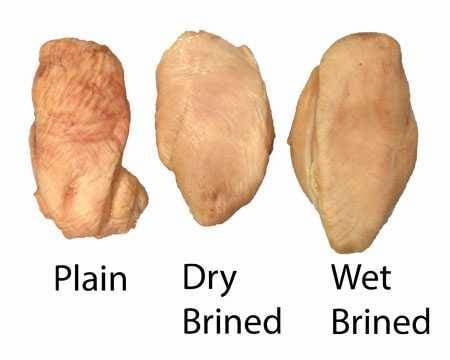I have been reading about dry brine for your meats to enhance tenderness and flavor. A lot of folks swear by it.....they recommend putting kosher salt on your meat and leave in fridge for 24 hrs or more. This is supposed to allow the salt to penetrate the meat and break down muscle fibers. They do this for steaks, briskets, pork butts and chicken.
I have never intentionally done it myself. I have done it by accident when I put Montreal steak seasoning on my beef ribs the night before and left it in fridge to be ready for an early morning cook. It came out very salty...maybe I over seasoned the rub or the salt penetrated deeper into my meat.
What was your experience? Any tips/advice? Light on the salt?
I have never intentionally done it myself. I have done it by accident when I put Montreal steak seasoning on my beef ribs the night before and left it in fridge to be ready for an early morning cook. It came out very salty...maybe I over seasoned the rub or the salt penetrated deeper into my meat.
What was your experience? Any tips/advice? Light on the salt?

 DryBrineRibeye
DryBrineRibeye:max_bytes(150000):strip_icc()/__opt__aboutcom__coeus__resources__content_migration__serious_eats__seriouseats.com__2019__04__20190416-pork-shoulder-vicky-wasik-8-face207eaff14fd182db8a556c2dcfc5.jpg)


